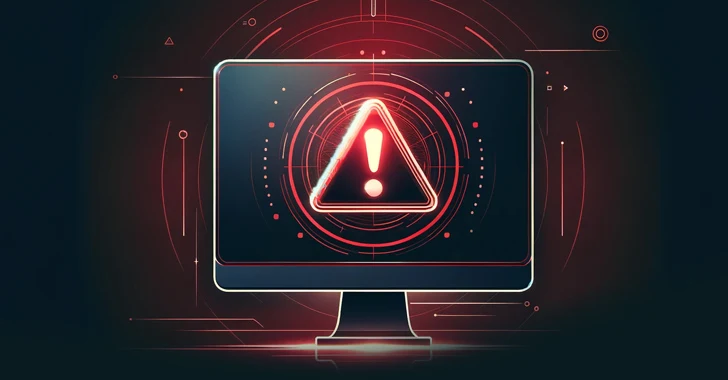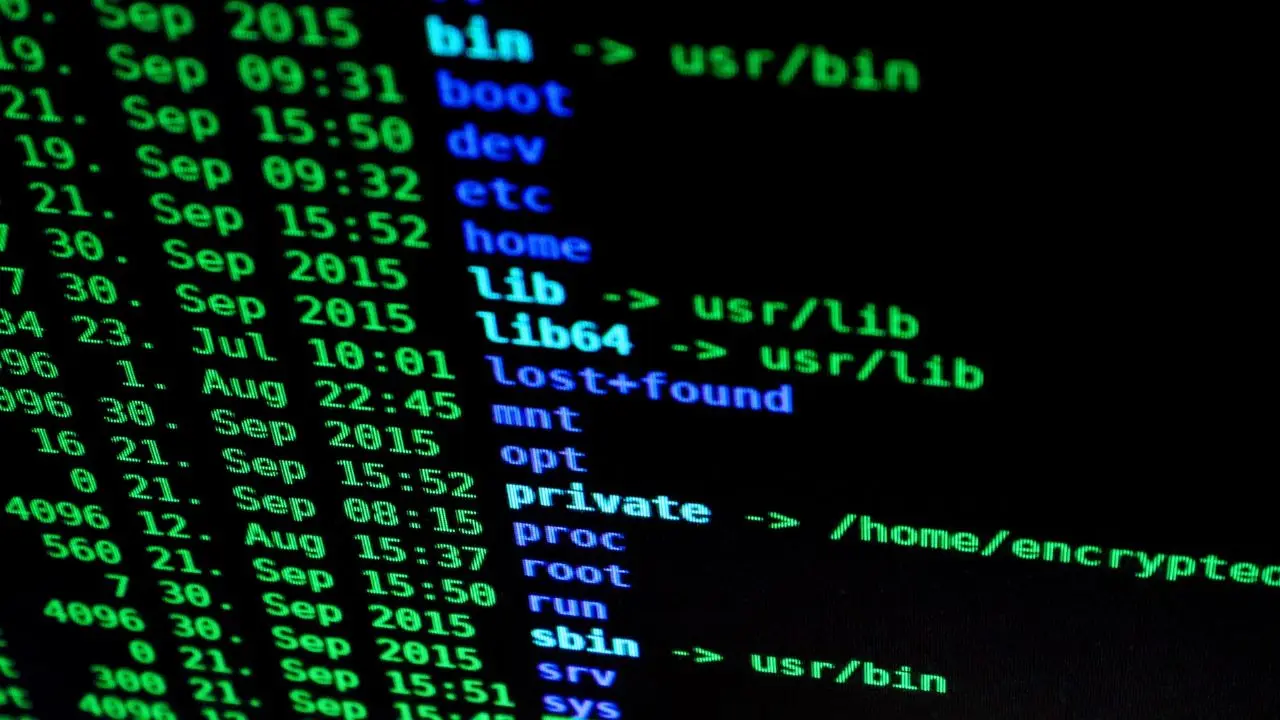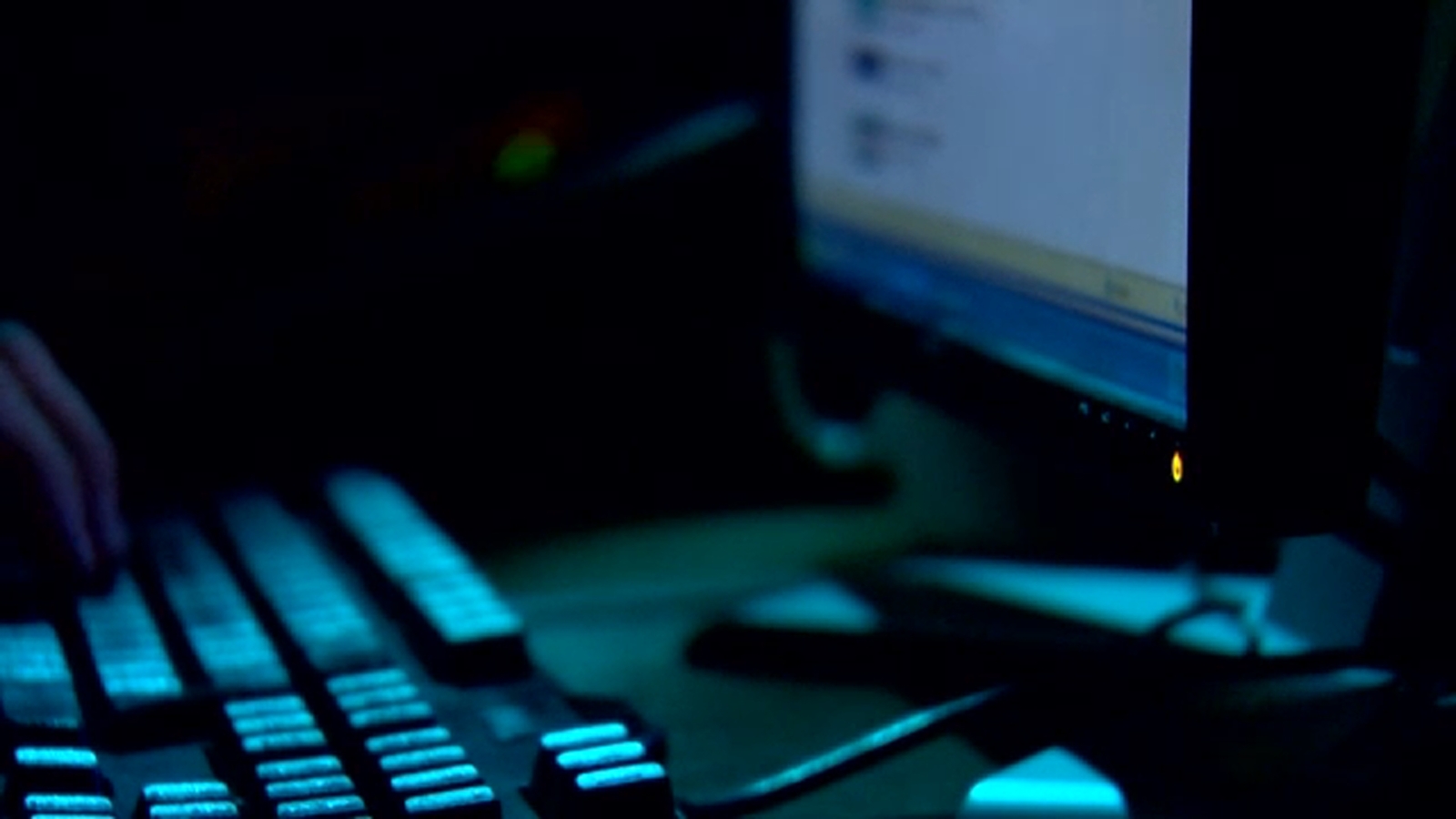Federal Cyber Agency Offlines 2 Systems After Ivanti Hack
After issuing a warning about Ivanti zero-day vulnerabilities, the federal Cybersecurity and Infrastructure Security Agency (CISA) has now suffered a pair of breaches because of the incident.
Hackers exploiting vulnerabilities in Ivanti products breached two CISA systems in February, according to Recorded Future. The agency said it immediately took those systems offline, and that no other systems were affected. A spokesperson said CISA saw “no operational impact at this time,” and “continue[s] to upgrade and modernize” its systems.
CISA has not disclosed which systems were impacted. However, Recorded Future reported that one was the Infrastructure Protection (IP) Gateway. Per CISA’s website, that gateway serves as the way that Department of Homeland Security partners access integrated IP tools, capabilities and information to conduct comprehensive critical infrastructure vulnerability assessments and other security-related business.
The other system was the Chemical Security Assessment Tool, a portal housing surveys and applications that chemical facilities must complete to help CISA assess the risks of terrorists weaponizing the chemicals they hold, as part of a lapsed federal program.
Randy Rose is senior director of security operations and intelligence at the Center for Internet Security. Stone said it was hard to imagine such an incident having an impact on local government, other than potentially making some online resources unavailable. Users of the systems who have a key contact at CISA should be able to reach out and learn about possible impacts, he said.
Lower-level governments, however, now face more risks in using Ivanti products. After the vulnerabilities were discovered, the Center for Internet Security scanned for it among lower governments, finding more than 100 devices.
The vulnerabilities are in products that have been widely used across the public and private sectors for providing secure remote connections, Rose said. This points to the importance of organizations adopting a layered approach to security and risk management, mitigating risk when one line of defense fails.
Local governments…







